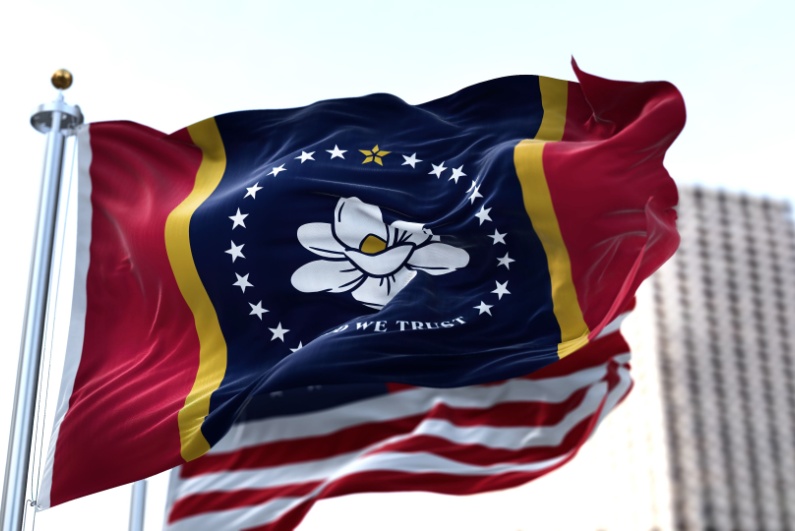Sports betting will be privatized
Brazil President Jair Bolsonaro signed Decree No. 10,467 on Tuesday, allowing the creation of the country’s regulated sports betting industry to finally begin.
The decree assigns the Ministry of the Economy to coordinate the privatization of Brazil’s sports betting industry. It will work with the National Bank for Economic and Social Development (BNDES), which, in a slightly different role, will be “responsible for the execution of the privatization process.”
they will be treated as a national priority”
The industry will be part of the Investment Partnerships Program (PPI), an initiative in which the government works with private companies to attract their business to the country. The PPI has 158 projects underway. “Once the ventures are qualified in the Investment Partnerships Program,” the PPI’s website reads, “they will be treated as a national priority.”
The primary impetus behind the action is the COVID-19 pandemic, which caused Brazil’s GDP to drop by 1.5% in the first quarter and millions of jobs to be lost.
Extremely attractive market
Considering the size of Brazil – the seventh most populous country on the planet – and the extreme popularity of soccer, sports betting operators are expected to rush to try to get licensed once the process begins. Sweden-based Betsson, anticipating this week’s developments, already acquired 75% of Brazilian operator Suaposta in December 2019.
Suaposta was rebranded to Betsson Suaposta and visitors to the site were redirected to Betsson.com.br. Andre Gelfi, Managing Director of Betsson Suaposta, told SBC Americas that Bolsonaro’s signing of the decree was “very positive” and “an important milestone”.
Operators are also linking up with soccer teams to ensure they have as much exposure to fans as possible before the industry launches.
Slowly but surely
Getting to this point in Brazil has been a slog. Back in 2007, Brazil’s Supreme Court ruled that any gambling that was not explicitly legal was, in fact, illegal.
Despite this, similar to what went on in the United States before Black Friday in 2011, many online gambling companies have still operated in the country. This was possible particularly because there have been no laws specifically against players gambling online or overseas operators accepting Brazilian customers.
In late 2015, a “Special Commission on a Regulatory Framework for Gambling in Brazil” was created, but its efforts largely went nowhere.
a regulated industry to get players off of grey market sites
In December 2018, however, things finally started moving, as then-President Michel Temer signed a bill to legalize online and live sports betting. The goal was twofold: generate tax revenue for the government and establish a regulated industry to get players off of grey market sites.
In June of this year, Minister of Economy Paulo Guedes signed off on the legislation, paving the way for President Bolsonaro’s approval this week.



